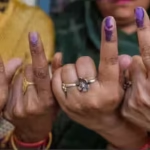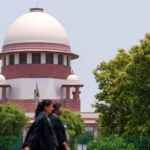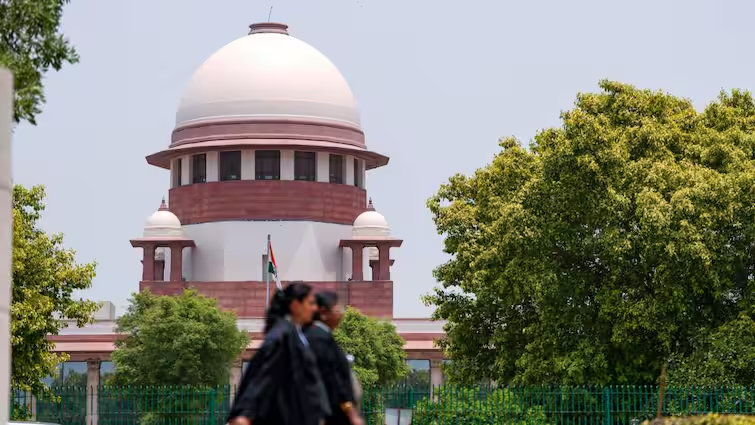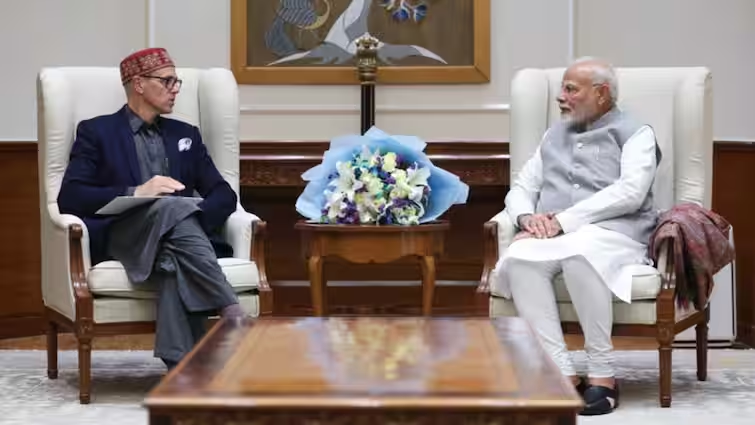Murshidabad Erupts Over Waqf Act: Violence Breaks Out, Internet Suspended, Curbs Imposed
Murshidabad (West Bengal), April 9:
Widespread violence erupted in West Bengal’s Murshidabad district on Tuesday as protests against the Waqf (Amendment) Act escalated into serious clashes with law enforcement. The situation turned volatile in the Jangipur subdivision, prompting the administration to impose prohibitory orders and suspend internet services to prevent further unrest and the spread of misinformation.
The district authorities invoked Section 163 of the Bharatiya Nyaya Sanhita (BNS) in the Raghunathganj and Suti police station areas, with the order remaining in effect for 48 hours starting from 6 PM on Tuesday. Meanwhile, the internet was shut down across Jangipur to avoid the circulation of inflammatory messages and videos.
Protests Over Waqf Act Turn Violent
What began as a peaceful demonstration turned into a major law and order issue by Tuesday afternoon. A large gathering of protestors had assembled near NH-12 in Jangipur, voicing their demand for the complete withdrawal of the Waqf (Amendment) Act. Tensions began to rise when sections of the crowd reportedly began pelting stones at police officers deployed to maintain peace.
In the ensuing chaos, several police vehicles were set ablaze, forcing police personnel to resort to a lathi charge and tear gas to disperse the mob. Eyewitnesses described scenes of panic and confrontation, as security forces tried to regain control of the highway and surrounding areas.
“A large crowd gathered near the highway and began hurling stones at the police. Some protestors set police vehicles on fire. We had no option but to use force to control the situation,” said a senior district police officer.
He further confirmed that several police officers sustained injuries in the stone-pelting, and a few individuals from the crowd were detained. The officer also noted that security had been intensified in the region following the violence.
Official Statement from Police
The West Bengal Police, in a public statement posted on X (formerly Twitter), said that the situation had been brought under control and normalcy was returning.
“The unruly mob has been dispersed. Traffic has resumed on the national highway. Strict action will be taken against all those involved in violence,” the statement read.
The police further warned that rumour-mongers and those spreading misinformation online would face legal consequences. “We request citizens not to believe in unverified information and maintain peace,” it added.
Political Reactions Spark Debate
The police response, particularly the use of force, drew mixed reactions from political leaders. Siddiqullah Chowdhury, West Bengal’s Mass Education Extension Minister and also the President of the state unit of Jamiat Ulema-e-Hind, came out strongly against the police action.
Speaking to reporters, the senior Trinamool Congress (TMC) leader said, “Even during the Left regime, police never baton-charged minorities in this manner. If someone has broken the law, they should be punished. But lathi-charging an entire rally is not acceptable.”
Chowdhury’s remarks indicated growing tension within the state’s political circles, especially regarding how sensitive community issues are handled by law enforcement.
On the other hand, Governor CV Ananda Bose issued a strong-worded statement, urging authorities to crack down on any efforts to disturb public order.
“There must be zero tolerance for those trying to disrupt law and order in the state. Such attempts should be put down with an iron hand. Violence, under any pretext, is not acceptable in a democratic society,” the Governor said.
Understanding the Controversy: The Waqf Act
The Waqf (Amendment) Act, at the center of the current unrest, is related to the regulation of Waqf properties—which are assets endowed for religious, educational, or charitable purposes under Islamic law.
Recent amendments to the Act have led to strong criticism from several community leaders, who argue that the changes threaten the autonomy of Waqf boards and could result in government overreach. Activists have raised concerns that the amendments would allow easier acquisition of Waqf land for development projects, potentially affecting mosques, madrassas, and community trusts.
Leaders from various Muslim organizations have accused the government of not conducting adequate consultations before introducing the amendments. Over the past few weeks, protests have been staged across multiple districts, but the Murshidabad protest has been the most violent so far.
Internet Suspension and Section 163 Imposed
To prevent the situation from escalating further, the Murshidabad district administration enforced Section 163 of the BNS, which restricts public movement, gatherings, and demonstrations. It also gives police extended powers to control the situation without requiring prior court approval.
The suspension of internet services in Jangipur is being viewed as a preventive step to halt the spread of communal rumours, doctored videos, and inciteful content on social media platforms.
“As of now, mobile data and broadband services have been suspended in the Jangipur subdivision. The situation will be reviewed after 48 hours, and a decision on restoration will be taken accordingly,” said a district official.
Local authorities have also issued advisories urging residents to stay indoors, avoid large gatherings, and cooperate with police personnel deployed across sensitive locations.
Community Leaders Call for Restraint
In the wake of the violence, community leaders and social organizations have appealed for calm and urged protestors to adopt peaceful and lawful means to express their grievances.
“It is understandable that people are concerned about the implications of the Waqf amendments, but violence is not the answer. We must engage through dialogue and legal channels,” said Maulana Hameed, a local religious scholar from Murshidabad.
Religious institutions and NGOs have been asked to work with local administration in promoting peace, especially in areas that remain tense.
Government’s Next Steps
As the situation remains sensitive, the state government is reportedly holding internal discussions on the future course of action. There is speculation that the Chief Minister’s Office may release a statement addressing the concerns raised by protestors and clarify the state’s stand on the Waqf amendments.
So far, no official statement has been issued from the top leadership of the West Bengal government regarding the demand to roll back the Act.
Administrative sources said efforts are underway to establish communication with community representatives in the district to prevent further escalation.
The Murshidabad violence has once again highlighted the fragile nature of communal and legal tensions in India’s socio-political landscape. While the Waqf Act protests began with legal concerns over property rights and religious freedoms, they quickly spiraled into violent confrontations that could have been avoided with timely dialogue and intervention.
As of now, the district remains under heavy surveillance, with the imposition of emergency laws and suspension of internet connectivity. The coming days will be crucial in determining whether peace can be fully restored, and whether the government chooses to engage with dissenting voices or adopt a hardline approach to maintain order.
The spotlight now shifts to how the state leadership handles the crisis—balancing enforcement with empathy, and authority with accountability.















